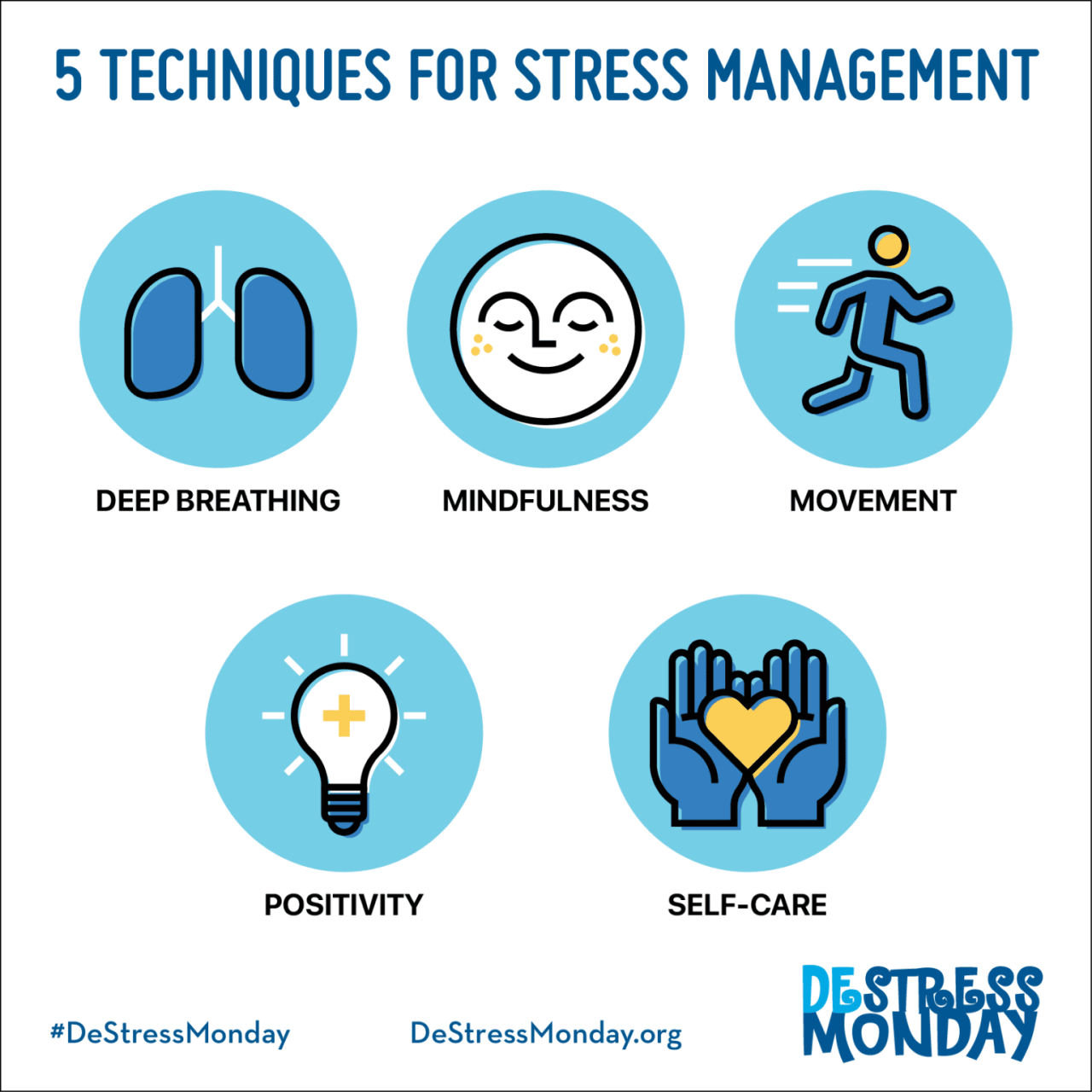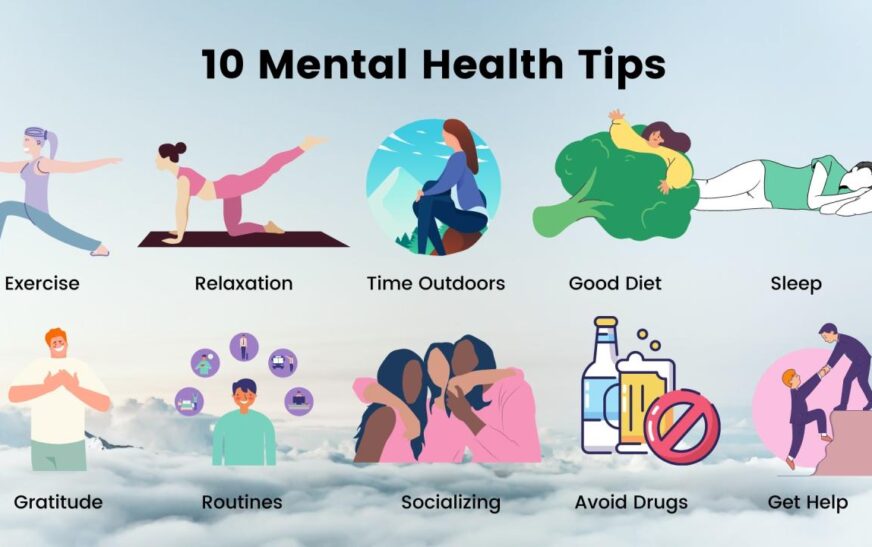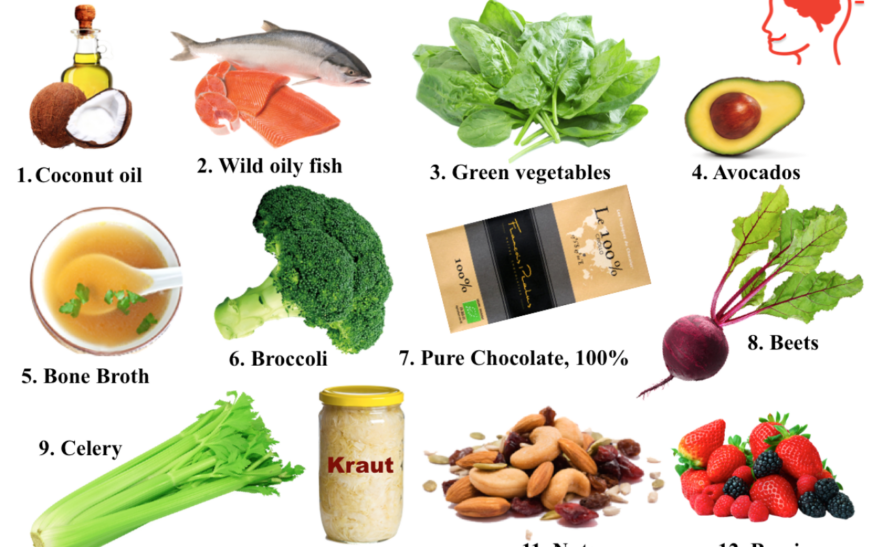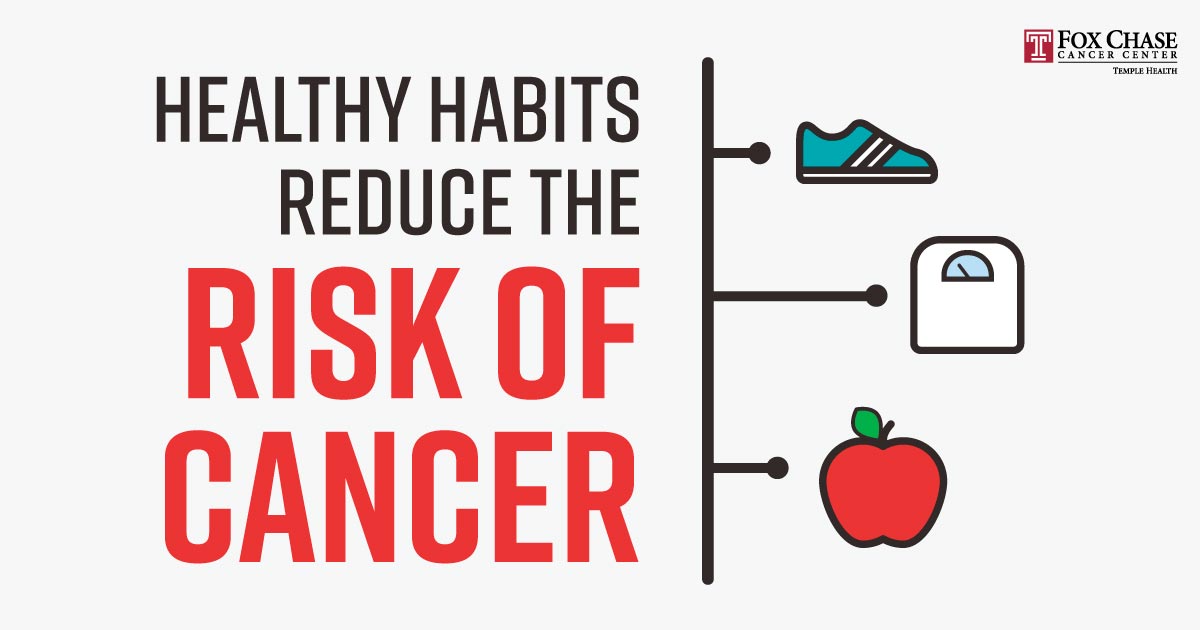Kicking off with Effective Stress Management Techniques, this opening paragraph is designed to captivate and engage the readers, setting the tone deep and engaging interview style that unfolds with each word.
Stress is a common factor in today’s fast-paced world, affecting our physical and mental well-being. In this discussion, we will explore the importance of effective stress management techniques and how they can significantly impact our overall quality of life.
Importance of Effective Stress Management Techniques
Effective stress management techniques are crucial for overall well-being as they play a significant role in maintaining both physical and mental health. Unmanaged stress can have detrimental effects on various aspects of an individual’s life, making it essential to incorporate strategies to cope with stress effectively.
Stress can impact physical health by triggering a range of symptoms such as headaches, muscle tension, stomach issues, and even cardiovascular problems. Chronic stress has been linked to conditions like high blood pressure, heart disease, obesity, and weakened immune system, highlighting the importance of managing stress to prevent these health issues.
On the mental health front, stress can lead to anxiety, depression, irritability, and difficulty concentrating. Prolonged exposure to stress can also contribute to burnout, emotional exhaustion, and a decreased quality of life. By implementing stress management techniques, individuals can reduce these negative impacts and enhance their mental well-being.
Incorporating stress management techniques into daily routines offers numerous benefits, including improved focus and productivity, better decision-making skills, enhanced relationships, and increased resilience to face challenges. By proactively managing stress, individuals can maintain a healthier and more balanced lifestyle, ultimately leading to a higher overall quality of life.
Types of Effective Stress Management Techniques
Effective stress management techniques come in various forms and can be tailored to suit individual preferences and lifestyles. Let’s explore some of the most commonly used techniques and how they can help in managing stress effectively.
Mindfulness
- One popular stress management technique is mindfulness, which involves being fully present and aware of one’s thoughts, feelings, and surroundings.
- Practicing mindfulness through activities such as meditation, deep breathing, or yoga can help reduce stress levels and promote a sense of calmness.
- By focusing on the present moment and letting go of worries about the past or future, individuals can better cope with stress and anxiety.
Exercise
- Regular physical activity is another effective stress management technique that can help release endorphins, the body’s natural mood enhancers.
- Engaging in activities like running, swimming, or dancing can help reduce stress and improve overall well-being.
- Exercise also provides a healthy outlet for pent-up emotions and can boost self-esteem and confidence.
Time Management
- Effective time management can also play a crucial role in reducing stress levels by helping individuals prioritize tasks and allocate their time efficiently.
- Creating a daily schedule, setting realistic goals, and learning to delegate tasks can prevent feelings of overwhelm and anxiety.
- By managing time effectively, individuals can reduce stress and improve their overall productivity and performance.
Comparison and Contrast, Effective Stress Management Techniques
Mindfulness focuses on being present and aware, while exercise involves physical activity to release endorphins. Time management helps in prioritizing tasks and managing workload efficiently.
Real-Life Scenarios
- A busy professional dealing with work-related stress may find mindfulness techniques helpful in staying focused and reducing anxiety during hectic days.
- Someone struggling with overwhelming emotions may benefit from engaging in regular exercise to release tension and improve their mood.
- An individual feeling overwhelmed with deadlines and responsibilities may find time management techniques invaluable in organizing tasks and reducing stress levels.
Strategies for Implementing Stress Management Techniques

Implementing stress management techniques into daily life is essential for maintaining overall well-being. It requires a commitment to self-care and a proactive approach to managing stress. Here are some step-by-step strategies to help you integrate stress management techniques effectively:
Create a Personalized Stress Management Plan
Creating a personalized stress management plan involves identifying the stressors in your life, understanding how they affect you, and choosing techniques that work best for you. Consider your preferences, lifestyle, and goals when selecting stress management strategies. This could include activities like exercise, mindfulness meditation, journaling, or spending time in nature.
Consistency is Key
Consistency is crucial when practicing stress management techniques. Make a commitment to incorporate these strategies into your daily routine, even when you’re not feeling stressed. Consistent practice can help build resilience and make it easier to cope with stress when it arises. Set aside time each day to focus on stress management, whether it’s a few minutes of deep breathing or a longer relaxation practice.
Stay Committed to Self-Care
Self-care is an essential component of effective stress management. Make self-care a priority by setting boundaries, practicing good sleep hygiene, eating well-balanced meals, and staying connected with others. Remember that self-care is not selfish; it’s necessary for maintaining your physical, mental, and emotional well-being.
Seek Support When Needed
Don’t be afraid to seek support from friends, family, or a mental health professional when you’re feeling overwhelmed. Talking about your stressors and emotions can help you gain perspective and develop coping strategies. Remember that asking for help is a sign of strength, not weakness.
Practice Mindfulness and Gratitude
Mindfulness and gratitude practices can help you stay present and cultivate a positive mindset. Take time each day to practice mindfulness through activities like deep breathing, body scans, or mindful walking. Additionally, practice gratitude by reflecting on the things you’re thankful for in your life. These practices can help shift your focus from stress to appreciation.
Engage in Regular Exercise
Exercise is a powerful stress reliever that can help boost your mood and energy levels. Find physical activities that you enjoy, whether it’s yoga, running, dancing, or swimming. Aim for at least 30 minutes of moderate exercise most days of the week to reap the benefits of stress reduction.
Set Realistic Goals
Setting realistic goals for yourself can help you stay motivated and focused on managing stress. Break down larger goals into smaller, manageable steps and celebrate your progress along the way. By setting achievable goals, you can build confidence in your ability to cope with stress effectively.
Practice Relaxation Techniques
Incorporate relaxation techniques like deep breathing, progressive muscle relaxation, or visualization into your daily routine. These practices can help calm your mind and body, reducing the physiological effects of stress. Experiment with different techniques to find what works best for you.
Establish Healthy Boundaries
Setting boundaries is essential for protecting your mental and emotional well-being. Learn to say no to activities or commitments that drain your energy or cause unnecessary stress. Prioritize your needs and communicate them clearly to others to maintain a healthy balance in your life.
Reflect and Adjust as Needed
Regularly reflect on your stress management practices and adjust them as needed. Pay attention to what’s working well and what could be improved. Be open to trying new techniques and adapting your plan based on your changing needs and circumstances.
Monitoring and Evaluating the Effectiveness of Stress Management Techniques: Effective Stress Management Techniques
In the journey of stress management, monitoring and evaluating the effectiveness of techniques play a crucial role in ensuring progress and achieving desired outcomes. By tracking progress and assessing the impact of stress management techniques, individuals can make informed decisions about what works best for them and make necessary adjustments along the way.
Tools and Methods for Monitoring Stress Levels and Assessing Effectiveness
To monitor stress levels and evaluate the effectiveness of stress management techniques, individuals can utilize various tools and methods. One common method is keeping a stress journal, where individuals can record their daily stressors, emotional responses, and coping strategies. This can help identify patterns and triggers, allowing for targeted interventions. Additionally, wearable devices that track physiological indicators like heart rate variability can provide objective data on stress levels.
Success Stories of Improved Stress Management Skills
Many individuals have experienced significant improvements in their stress management skills through regular monitoring and evaluation. By consistently tracking their progress and assessing the impact of different techniques, they were able to identify what worked best for them and make positive changes in their lives. This proactive approach not only helped them reduce stress levels but also build resilience and improve overall well-being.
Last Word
As we conclude our discussion on Effective Stress Management Techniques, it becomes evident that by incorporating these strategies into our daily routines, we can achieve a more balanced and harmonious life. Remember, taking care of your mental health is just as crucial as your physical well-being.
Query Resolution
How important is it to practice stress management techniques regularly?
Consistency is key when it comes to stress management. Regular practice of techniques can help build resilience and improve overall well-being.
Can stress management techniques be customized to fit individual preferences?
Absolutely. It’s essential to tailor stress management strategies to align with personal preferences and lifestyle for maximum effectiveness.
What are some effective ways to monitor the impact of stress management techniques?
Tracking stress levels, journaling progress, and seeking feedback from others are valuable methods to evaluate the effectiveness of chosen techniques.







